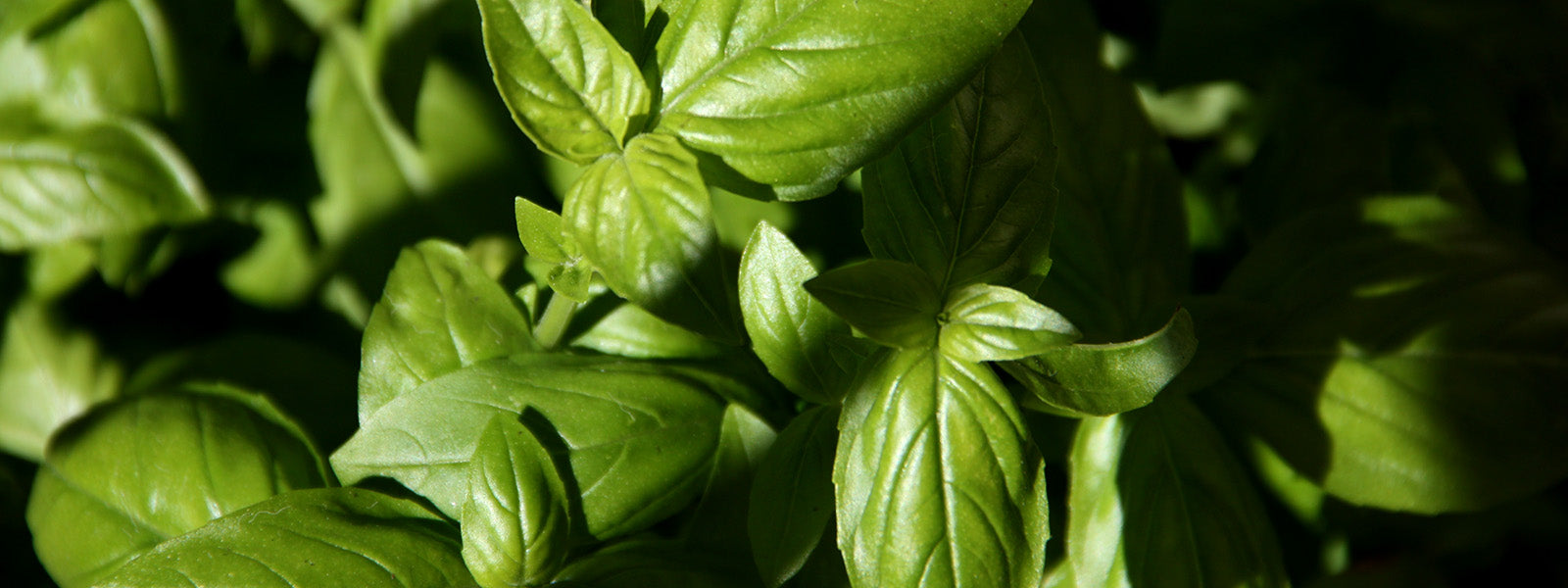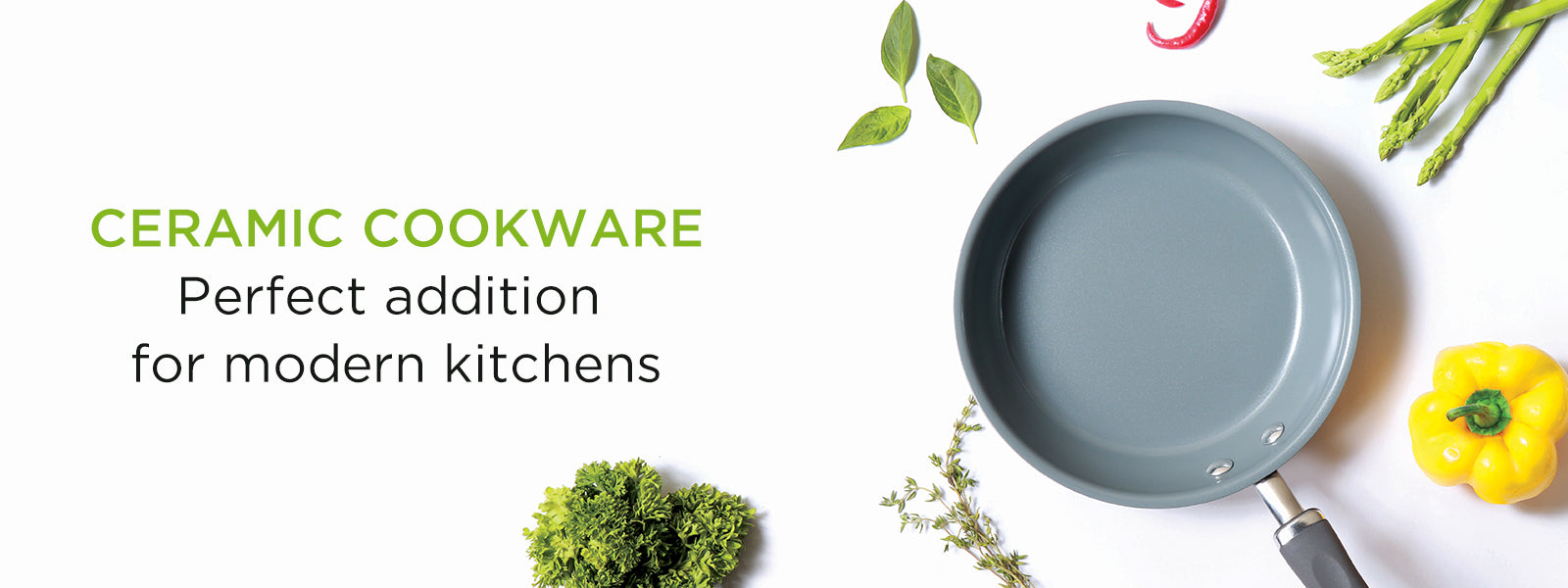Table of Contents
Overview of ginger and garlic:
Indian food is known for having a lot of ginger and garlic flavours. But did you know that herbs and spices do more than just add flavour to your food? They also help heal and improve your health. Read this blog to find out how adding ginger and garlic paste to your food can help you.
Ginger and garlic both taste good and are good for you in more than one way. They are very good for our health and have a lot of great healing properties. Therefore, they are called the most powerful healers in nature!
If you want to improve your health in a natural way, you should learn about the health benefits of ginger and garlic right now. These spices are full of ingredients that work in different ways in your body. They come in many different kinds, like dried powder, paste, capsules, extract, and more.
Health benefits of Garlic
In the past, garlic was used in many different ways to treat a wide range of illnesses, such as colds, lung problems, parasites, poor digestion, TB, diabetes, fevers, and even dysentery. Modern medicine has given us very good treatments for many of these problems, but many people who care about their health still eat garlic.
Did you know that each year, the average person eats two pounds of garlic? Before this spice was used to add flavour to your favourite foods, it was used as a medicine in ancient cultures for thousands of years. Chinese, Egyptian, and Roman people all used garlic because it was good for their health. There is a lot of evidence that they used garlic for its healing properties. It has been shown that eating garlic has many great health benefits for the body. Let's look at the most important ways garlic is good for your health.
Why is garlic good for your health?
Even though most people didn't know this before, experts now know that sulphur compounds in garlic are the main reason why it is good for your health. Allicin is made from the thio-sulfinite chemicals in garlic bulbs when they are cut, chopped, or crushed. Allicin is a wonderful chemical.
Top health benefits of garlic:
- Garlic helps your body's immune system by making it stronger
Your immunity is what keeps you from getting sick in the first place, and it also helps your body fight illness when it needs to. Garlic is good for your immune system and can help keep you from getting colds and the flu. Adults get two to four colds a year, while children get six to eight. Eating raw garlic can keep you from getting a cough, a fever, or a cold. The best way to get the most out of garlic is to eat two chopped cloves every day. Some parents around the world tie garlic cloves on a string around their kids' necks to help them breathe better when they have a cold.
- High blood pressure can be lowered by eating garlic
Heart attacks and strokes are two of the biggest health problems in the world. Heart disease is more likely to happen if you have high blood pressure. About 70% of strokes, heart attacks, and long-term heart failure are thought to be caused by it. 13.5% of all deaths in the world are caused by high blood pressure. Because they are major causes of death, it is very important to deal with one of their main causes, high blood pressure. If you have high blood pressure or hypertension, garlic is a great spice to add to your diet. But even if you don't like garlic, taking garlic supplements will still help your health in many ways, like lowering high blood pressure and treating fever. Remember that the amount of these supplements you take each day should be the same as four cloves of garlic.
- Garlic can help lower cholesterol.
Cholesterol is a fat that the blood has. There are two types of cholesterol: LDL cholesterol, which is "bad," and HDL cholesterol, which is "good." Serious health problems can be caused by having too much LDL cholesterol and not enough HDL cholesterol. Total cholesterol and LDL levels drop by 10 to 15% when garlic is eaten. Also, eating garlic doesn't change your good cholesterol or HDL levels. If heart disease runs in your family or if you already have heart disease, you might want to eat more garlic.
- Garlic can prevent cancer
Garlic is good for more than just the heart. So, here's another reason why your body could use more of this onion-family plant. Research shows that eating fresh garlic can help lower the risk of getting colon cancer. The Iowa Women's Health Study found that women who regularly ate garlic with other vegetables and fruits were 35% less likely to get colon cancer. Researchers agree, though, that there still needs to be more research in this area.
- Garlic kills bacteria
Allicin is found in garlic. Allicin is an antibiotic that can help fight infections and bacteria when it is in cloves that have been cut, crushed, or diced. It has been shown that garlic extracts can stop the growth of:
- fungi elements
- Protozoa elements viral infections
- numerous bacteria, for example, Salmonella
- Allicin is thought to be a good replacement for antibiotics. It also helps when used with antibiotics that a doctor has prescribed.
- Garlic may keep Alzheimer's and dementia from happening
Garlic has a lot of antioxidants, which help keep your body from getting hurt by oxidation. These antioxidant properties can help stop diseases of the brain like Alzheimer's and dementia. But this one should be taken with a pinch of garlic. Even if you take a lot of garlic supplements, though, that doesn't mean you won't get sick. Garlic's healing properties can only help health up to a certain point.
- Garlic can help athletes do better
This ingredient is one of the oldest ways to improve performance. In the past, garlic was used to make people feel less tired and to help them work longer and harder. It was also given to Greek Olympians to help them do better in their sports. As we've already talked about, garlic can help:
- Cholesterol levels
- Bring down blood pressure
- Immunity Booster
- Shortens the time someone is sick.
To stay fit, you need a healthy heart and body. In the end, eating garlic is a great way to slow down, even if only slightly, how quickly you get tired when you work out.
- Garlic helps your body cleanse itself
Detoxification means getting rid of things in the body that don't belong there. It is important for staying healthy and living a long time. In the world we live in now, we are exposed to many different chemicals and compounds every day. Many of these chemicals are not good for the body and may even hurt it. Some things about the environment, water, and food are:
- Chemicals and pesticides used in farming
- Radiation, etc., from nuclear power plants
- Products for personal care that contain chemicals
- Cleaners for the house
- Other things for the home
Garlic is a powerful detox food that helps the liver enzymes make more glutathione. It also has other important detoxifying parts, like selenium and sulphur compounds that are bioactive.
Health benefits of ginger:
The first time ginger was known to have been used was in 500 BC. Ginger is a plant that comes from Southeast Asia. The root is where most of the spices that are used in food come from. Ginger gives food a lot of flavour, but it has also been used as a form of alternative medicine for a long time. If you want to be healthier, you might want to add ginger to your diet. Read on to find out the top ten ways ginger is good for your health. Let's begin!
- Better Digestion
Ginger speeds up the process of digestion and helps your stomach empty faster. People with stomach problems like indigestion, ulcers, constipation, and IBS might feel better if they ate it every day. Researchers have found that people who eat ginger digest food twice as quickly as those who don't. It makes the digestive tract move more and encourages the production of healthy enzymes that help break down the food we eat.
- Makes you healthier
Gingerol is a bioactive compound that is found in raw ginger. It has antimicrobial and antifungal properties that boost the immune system. Ginger also has anti-inflammatory and antioxidant properties. There are many benefits to putting these qualities together. Ginger has health benefits and side effects that help with coughs, lower fevers, fight infections, relieve headaches, and ease other common cold and flu symptoms.
- Helps with the symptoms of PMS
Menstrual pain is a common sign of a woman's cycle, but ginger might help make it easier to deal with. Using ginger during the first three days of your period can help relieve pain, and because it has anti-inflammatory properties, it can also help with the bloating that comes with PMS.
- Helps with nausea and stomach pain
One of the best-known health benefits of ginger is that it can make you feel less sick. Ginger helps settle an upset stomach, whether it's caused by motion sickness, headaches, morning sickness, or other stomach problems. It does this by stopping inflammation, making digestion work better, and calming the body with hormones that control blood pressure.
- Could be good for cancer
Studies on ginger have shown that some of the benefits of gingerol may help prevent some cancers. Even though it is not a cure-all, its antioxidant and anti-inflammatory properties help protect your body. Ginger is also a safe way to ease the nausea and pain that are common side effects of cancer treatment. When you're getting chemotherapy, adding ginger to your food can help with side effects like feeling sick or dizzy.
- Helps with pain
Ginger is a natural way to take care of pain. This makes it a great alternative to painkillers you can buy over the counter. Gingerols reduce swelling and pain by getting rid of compounds in the body that cause pain. Ginger's anti-inflammatory properties make arthritis less painful and make it easier to move the joints. People with arthritis are often given anti-inflammatory drugs to help ease their pain, but ginger can do the same thing in a natural way.
- Ginger is good for your skin because it has antioxidants, increases blood flow, and has antiseptic properties. The antioxidants protect the skin from UV rays and slow down the breakdown of collagen, which makes the skin look younger and firmer. Acne gets better when it has antiseptic properties, and raw ginger can help with acne scars. Ginger's anti-inflammatory properties can also help heal skin that has been irritated. Check out some of the other great beauty benefits of ginger.
- A Way to Lose Weight
Some studies have shown that ginger can help people lose weight. Ginger lowers insulin levels, speeds up the metabolism, and helps the body recover after a workout. Ginger helps you lose weight by speeding up your metabolism and making you feel full so you don't eat too much. It's not a magic bullet, but it can help you lose weight when you do it along with other things.
- Keeps heart disease from happening
Ginger has a lot of different uses, but it also helps thin the blood, which can help prevent heart problems. Blood thinners lower the chance of blood clots, which makes heart attacks and strokes less likely. Ginger protects against heart disease in another way by lowering blood pressure and cholesterol. When cholesterol builds up, it can block arteries and make it more likely that you will have heart problems. Ginger also improves blood flow and lowers blood sugar, both of which help the heart work at its best.
- Helps the brain work better
Over time, chronic inflammation can hurt your brain and cause it to get worse. This can lead to problems with thinking, mental health, or even Alzheimer's disease. Ginger has powerful antioxidants that help reduce inflammation and protect the brain from damage caused by free radicals. It also helps us remember things better by making more of the neurotransmitters in our brains that help us remember, pay attention, and act quickly. Ginger also makes dopamine and serotonin, which can help people with depression and anxiety.
Ways to consume ginger:
Ginger is good for your health and there are many ways to start eating it. Find a way that you like and make it part of your routine.
Ginger Tea: This is one of the most common ways to eat ginger. You add pieces of chopped or sliced ginger to water and let it sit for a while. Honey or lemon are good things to add to food to make it taste better. Ginger tea bags are sold by some brands, but they may not be as good for you as raw ginger.
- Add flavour to your food
You can get the benefits of ginger and add more flavour to your food by chopping it up. Ginger is good in soups, stir-fries, and curries. Ginger can even be used in sweets or smoothies. Need suggestions? Check out some of our recipes that use ginger as an ingredient.
- Ginger Juice
One easy way to eat ginger is to take a shot of ginger juice every day. You can use a juicer to make them at home. Some people even eat ginger raw if they don't need to make a full meal or don't like to drink it. This gives them more immediate health benefits.









Leave a comment